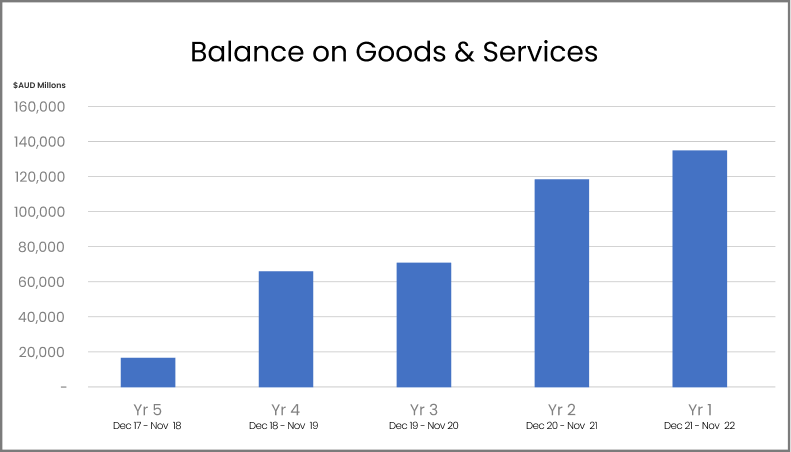When we look at our personal finances – it seems easy to create healthy habits. Make sure to spend less than you make, invest in your future and don’t buy things for the sake of buying them.
But putting this mindset into practise is much more complex than one would think. Understanding where money struggles come from by reflecting on past experiences is one way to start mending this problem. This article is for you if you are looking to shift your money mindset from a scarcity to an abundance mindset.
1. Reflection
Most people’s relationship with money is formed by how our parents talked about it growing up. We observe and internalise this relationship learned from parents, friends and other caregivers.
Was there enough money growing up, or was it a struggle in your household? Things like death, divorce, illness and other life struggles can force these relationships with money into a negative view.
Your previous experiences have nothing to do with how much money you earn now or how much you’ve saved. It is solely on how you felt about money growing up. Reflecting on these past experiences with money will help you find any root issues that need to be addressed before moving on to further steps in shifting your mindset.
2. Commit to a Neutral Stance
Shifting your mindset starts with awareness. Next, you can make small shifts in your habits. Looking at your payslips – especially if they’re digital, it’s easy to ignore them. Once we become familiar with how much we bring in, it is easier to form habits around this number to ensure you are creating a comfortable life.
Once you’ve got this information, you can create budgets around it. A budget or spending plan is something you should sit down at the beginning of the month, having a rough estimate of how much you might bring in and form a plan around it.
These are only minor changes, but they are the beginning of forming newer and healthier relationships with your income.
3. Educate Yourself
Learning how to manage your money is one of the most empowering things you can do. With basic financial knowledge, you can build a financial plan that will make you feel more secure and confident with your money and how you spend it.
A way to start learning basic financial knowledge is to research – blogs, personal finance e-books and podcasts. This way, you can get a broad scope of all the information available to you – from various people who have had different journeys with their financial situations. These sources show that money doesn’t have to control your life, and anyone can learn to manage their money better.
4. Place Focus outside of your Goals
When you create goals for yourself, it can be easy to fall into the trap of becoming stressed and obsessive with your money. A ‘Fun Fund’ can be the answer to your problems. While still teaching yourself money management and basic personal finance skills, you can put designated money into a fund to use when you want to.
This is just another category to organise within your budget, but it’s for whenever you want to use it. Setting aside a little bit of money from each fortnight/monthly pay period can make budgeting easier while still enjoying your life.
These funds would be used for things like going to the movies with friends (or yourself), going out for meals and drinks, your friend and family’s life events (birthdays, baby showers, weddings etc.), or buying something you want.
This can help you get out of that shame cycle of buying things for yourself or treating yourself and then being consumed with immense buyer’s remorse. A healthy money mindset focuses on what you can afford and lets yourself enjoy the money you’ve earned.
5. Ignore the Fear of Missing Out (FOMO)
It’s easy to look at the income of those around you and how they spend their money and become jealous or dissatisfied with your situation. This is a trap we want to avoid. Although it is common to compare ourselves to those around us, it’s not something you want to get into the habit of.
This can lead to unnecessary spending on things to ‘keep up’ with our peers. Once you see that most people who spend lavish amounts of moving are usually just doing it for status or show, it becomes less desirable and easy to focus on your journey.
We must look at what the money mindset is. If you’re interested in reading a more in-depth explanation, look at this past article about how your mindset affects your relationship with money.
The short version is your unique and individual set of beliefs about money and how it works in the world. Your attitudes and mindset affect how and when you will use your money. How much you can spend, what you can buy, your ability to earn and how much you should invest and save.
When we look at our relationship with money, it’s easier to see where our spending habits come from and why we might struggle with taking care of our finances. Looking at ways to shift your mindset is the first step in mending this relationship, so you’re on the right track by being here. If you would like to learn more about the impact your relationship with money can have on your financial situation, book a 30-minute consultation.






